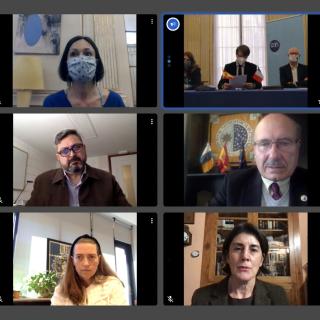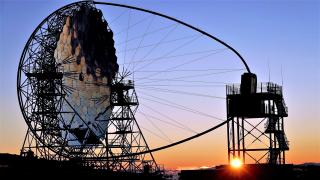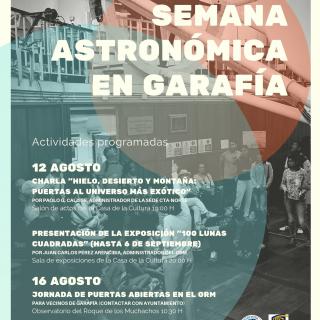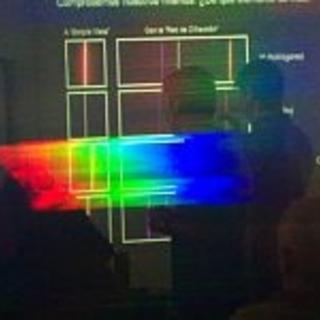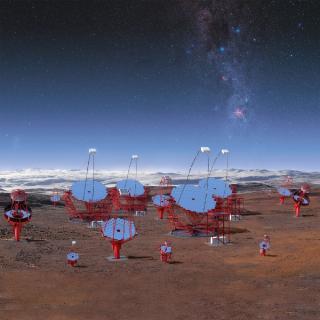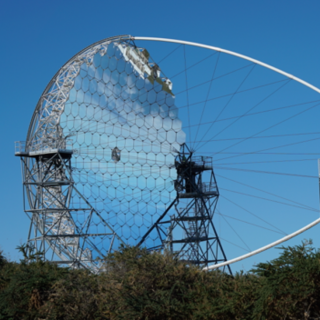Cherenkov Telescope Array Observatory
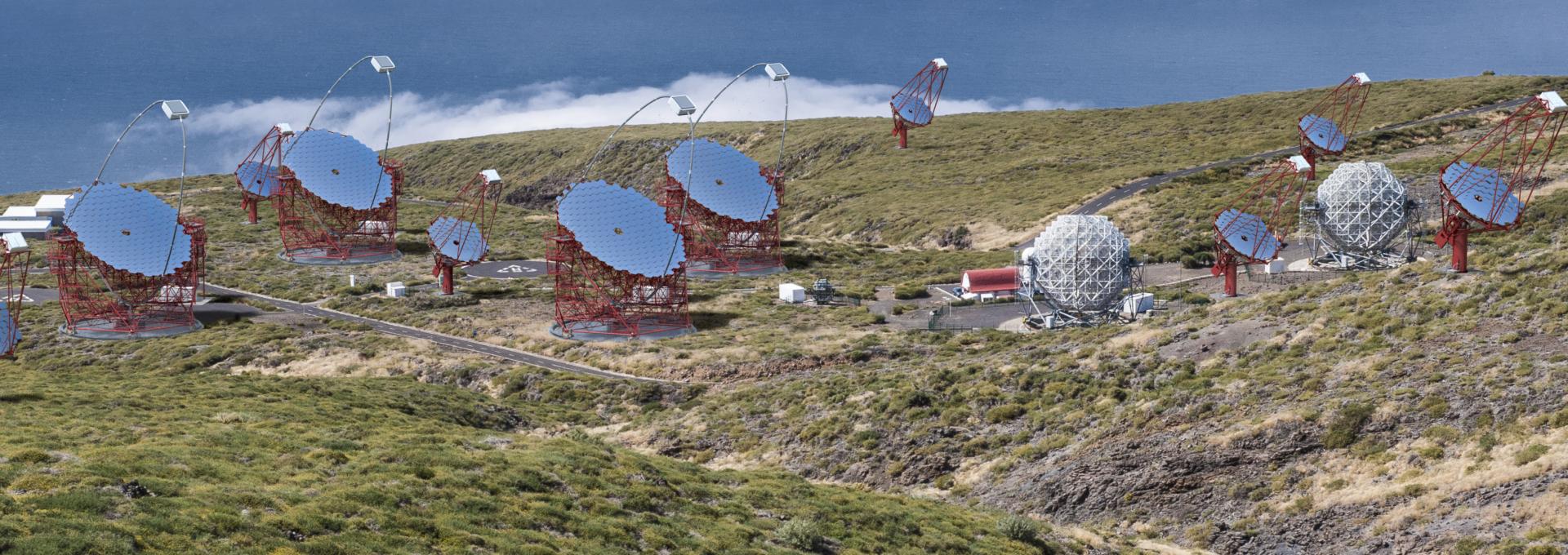

CTAO northern hemisphere site is located on the existing site of the Instituto de Astrofisica de Canarias’ (IAC’s) Observatorio del Roque de los Muchachos in Villa de Garafia on the island of La Palma, the fifth largest island in the Canary Islands. At 2,200 metres in altitude and nestled on a plateau below the rim of an extinct volcanic crater, the site currently hosts an operating gamma-ray observatory, the Major Atmospheric Gamma Ray Imaging Cherenkov (MAGIC) telescopes, as well as a wide variety of optical telescopes of various sizes.
4x23m and 9x12 cherenkov telescopes
The project is well advanced – working prototypes exist or are under construction for all the telescope designs and significant site characterization has been undertaken. CTA will build on the technology of current ground-based detectors, utilizing three classes of telescopes to cover CTA’s energy range. Construction is expected to begin in 2019
While the southern hemisphere array will span the entire energy range of CTA, covering gamma-ray energies from 20 GeV to more than 300 TeV, the northern hemisphere array will be more limited in size and will focus on the low- and mid-energy ranges from 20 GeV to 20 TeV. For this reason, the northern hemisphere site will not host any Small-Sized Telescopes, which are tuned to capture the highest-energy gamma rays. The threshold configuration plan is for the site to host 4 Large-Sized Telescopes to capture the low-energy sensitivity of CTA and 5 Medium-Sized Telescopes to cover CTA’s core energy range. A further enhancement to the alfa configuration, pending on the approval of the necessary budget, would add other 4 Medium-Sized Telescopes to the array.
